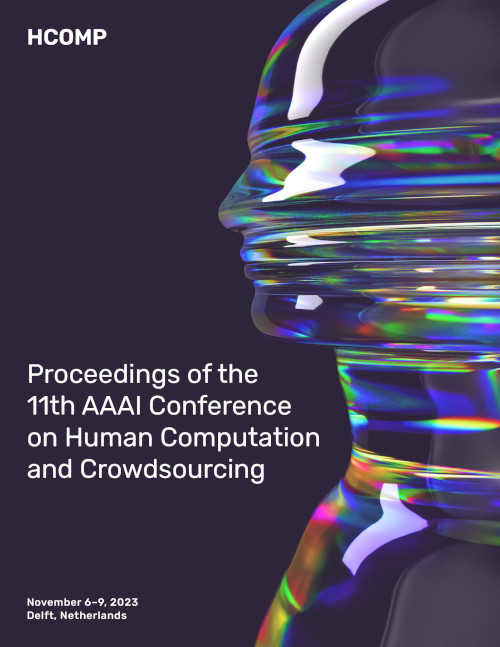Accounting for Transfer of Learning Using Human Behavior Models
DOI:
https://doi.org/10.1609/hcomp.v11i1.27553Keywords:
Human Behavior Models, Transfer Of Learning, Learning And Decision-MakingAbstract
An important characteristic of human learning and decision-making is the flexibility with which we rapidly adapt to novel tasks. To this day, models of human behavior have been unable to emulate the ease and success with which humans transfer knowledge in one context to another. Humans rely on a lifetime of experience and a variety of cognitive mechanisms that are difficult to represent computationally. To address this problem, we propose a novel human behavior model that accounts for human transfer of learning using three mechanisms: compositional reasoning, causal inference, and optimal forgetting. To evaluate this proposed model, we introduce an experiment task designed to elicit human transfer of learning under different conditions. Our proposed model demonstrates a more human-like transfer of learning compared to models that optimize transfer or human behavior models that do not directly account for transfer of learning. The results of the ablation testing of the proposed model and a systematic comparison to human data demonstrate the importance of each component of the cognitive model underlying the transfer of learning.Downloads
Published
2023-11-03
How to Cite
Malloy, T., Du, Y., Fang, F., & Gonzalez, C. (2023). Accounting for Transfer of Learning Using Human Behavior Models. Proceedings of the AAAI Conference on Human Computation and Crowdsourcing, 11(1), 115-126. https://doi.org/10.1609/hcomp.v11i1.27553
Issue
Section
Full Archival Papers

